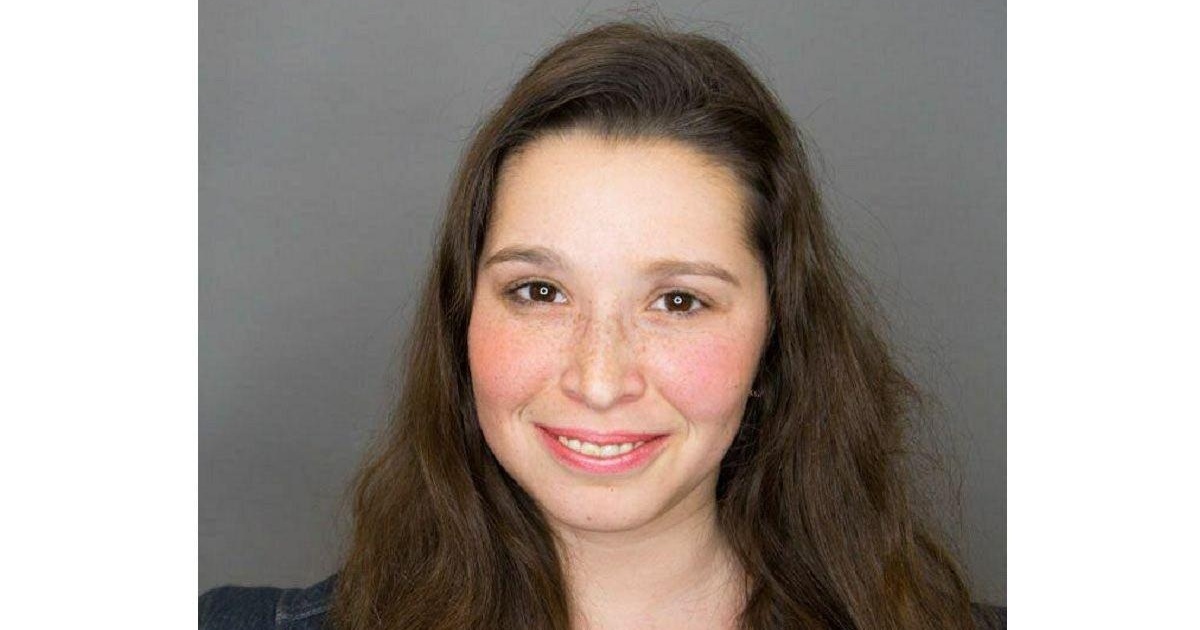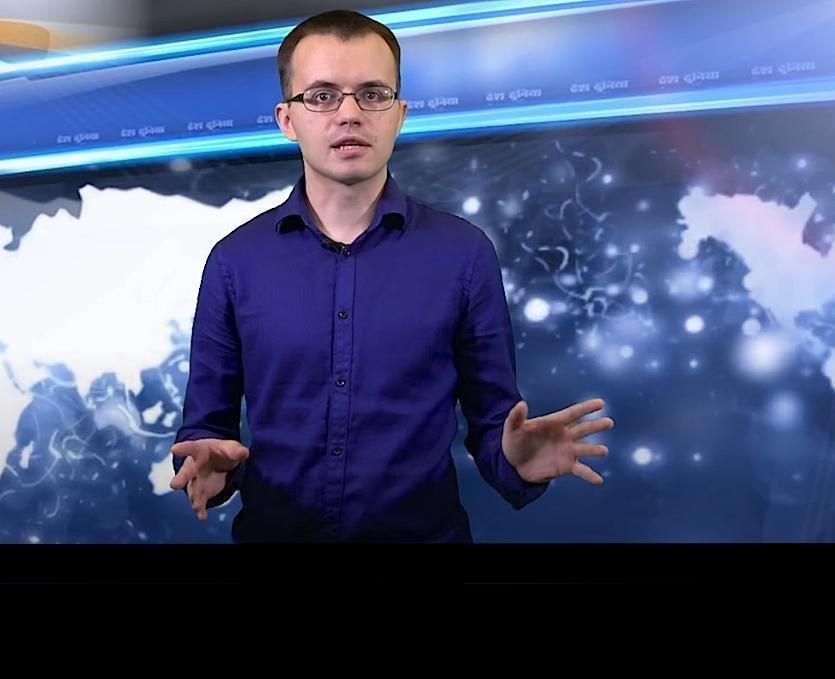US presidential candidate sparks controversy with revolution predictions A strategic move or a risky provocation
Robert F. Kennedy Jr., running for the US presidential election as an independent candidate, has predicted a revolution in the United States. "There is going to be a revolution in this country. The question is whether it will be powered by idealism or hijacked by dark, regressive forces. The choice is ours," he wrote on his X account.
It's intriguing to consider what exactly this member of a famous American political family is talking about. What could trigger a revolution in the US? Is it related to President Biden's decision not to seek re-election, or is it due to the general instability in American political life? Who does Kennedy consider "idealists," and who are the "dark, regressive forces"?
US experts shared their views on this issue with Caliber.Az.
According to Irina Tsukerman, the US geopolitical analyst, editor-in-chief of The Washington Outsider, Robert F. Kennedy Jr. lacks substantial credibility due to his history of promoting conspiracy theories. These include ambiguous statements about whether the 9/11 terrorist attacks were an "inside job" and denying that Robert F. Kennedy Sr. was killed by a Palestinian terrorist.
"Kennedy is a fringe candidate who is not expected to draw significant votes from any major contenders. He appeals to a niche group of libertarian-leaning voters among Republicans and Democrats who are skeptical of the government, media, experts, and mainstream authorities. Figures like Robert F. Kennedy Jr. are often cited by Russian propaganda channels and, in turn, become topics of discussion within these sources.
Therefore, when we hear his comments about a revolution, it's less a forecast based on concrete facts and more an attempt to stir emotions and convince his audience of the supposed inevitability of such an outcome," Tsukerman noted.

According to the pundit, Kennedy, like any demagogue, exploits the extreme polarization in the United States to incite tension, attract attention, and promote agendas that favor the concept of a "disruptor," which increasingly resonates more with fanatical supporters than with any genuine social reforms.
"Kennedy is not merely describing a potential future; he is actively trying to push Americans towards revolution. Moreover, the vagueness of his language reflects a certain cynical attitude, allowing people to interpret his comments in whatever way they wish. This ambiguity helps him avoid responsibility for any potential issues his comments might cause while continuing to fuel bias among his audience. In turn, he gains political advantage from this unchecked popularity," Tsukerman added.
Tsukerman notes that Kennedy is essentially dividing Americans into "us" (the good guys and idealists) and "them" (those who oppose our vision, including amorphous, undefined elites, shadow governments, deep states, etc.). If you approach this from a conspiratorial mindset, you can interpret his comments in any way you like, casting any potential opponents as being on the other side, while you inevitably see yourself as the "good" idealist driven by pure motives and love for humanity.
Thus, Kennedy portrays anyone who is not his supporter as part of these dark forces, not necessarily Democrats or Republicans, Trump supporters or opponents. Theoretically, even ordinary people could be part of these dark forces if they are not with him, fostering a growing sense of paranoia and distrust. What if your family or neighbors are part of these vague dark forces?
Kennedy also doesn't define what "regressive" means in this context, but presumably, the enlightened already know who they are. The beauty of this approach is that you don't need to define your terms, avoiding accountability for different interpretations or outright misunderstandings, including those from extremists willing to cross the line into violence," Tsukerman underlined.
According to the expert, Kennedy is not merely warning the public about a revolution—a rapid uprising against the supposed regressive dark forces.
"He seems to be attempting to incite civil unrest or even a civil war. At best, he is fueled by rhetoric that is simple, aligns with current popular sentiment, and is politically advantageous, even if it is irresponsible.
At worst, Kennedy appears to be contributing to chaos, either by aligning with foreign adversaries of the US who benefit from such scenarios—whether or not there is any coordination between them—or by completely ignoring the consequences of his comments and his own self-serving interests. In any case, his statements are dangerous and should serve as a red flag about the direction he is leading his followers," Tsukerman added.

Political analyst Andrew Korybko believes that Robert F. Kennedy Jr. is a demagogue with leftist tendencies who occasionally indulges in right-wing rhetoric.
"Being from a famous family does not mean he has insider information or that everything he says should be taken seriously without question," Korybko remarked.
Regarding Kennedy's rhetoric about a revolution, Korybko views it as a tactic to energize his electoral base for his campaign.
"He doesn't provide specifics, only general statements, which suggests that this is just rhetoric and nothing of real substance," Korybko concluded.








